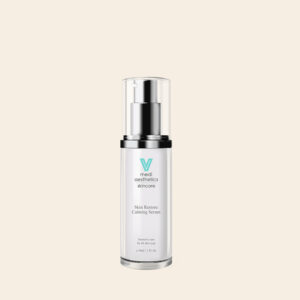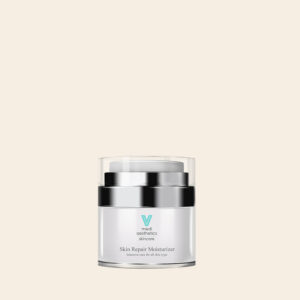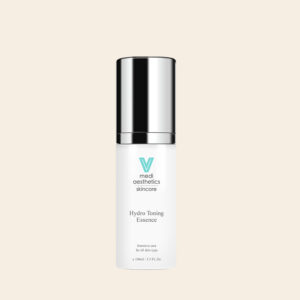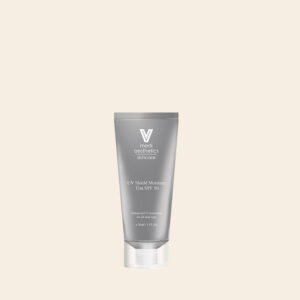What is sensitive skin?
When you think of sensitive skin, you may think of dryness, tightness, and redness. But there’s more to it than that. Any skin type, be it oily, dry or combination, can all become sensitive. The characteristic symptoms of sensitive skin may occur all the time or may be brought on by specific internal and external factors.

Do you have sensitive skin?
Is your skin always or temporarily blushing / flushing or,
- Easily irritated
- Dry and tight
- Burning or stinging
- Itching or Tingling
Its symptoms may be considered normal to some or even minor to others but sensitive skin may look different on everyone.
What triggers sensitive skin?
People with sensitive skin can experience painful sensations as seemingly innocuous stimuli, such as temperature changes or certain ingredients in skincare products. Although the exact cause is unknown, there are many potential triggers ranging from internal hormonal fluctuations to external environmental factors.
Here are some internal and external triggers to take note of:
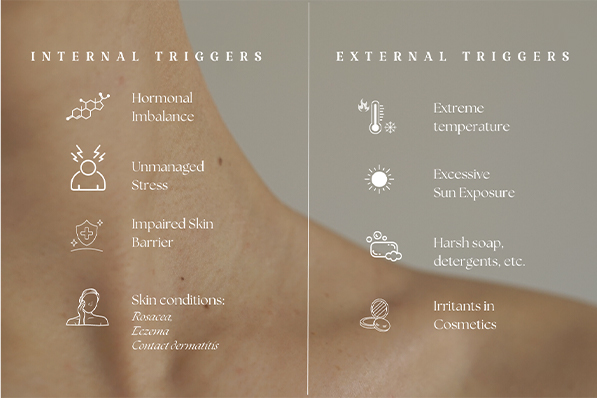
How to calm sensitive skin?
Skincare
The first step is to stop aggravating your skin more by removing makeup, sunblock and any other residue on the surface of your face. Take this time to simplify your skincare routine and use products that contain extraordinary soothing properties.
Identifying and eliminating allergens
Knowing and eliminating possible allergens is a vital step in the management of skin irritation. Allergy triggers often come from unlikely sources, including mold, dust mites, pets and everyday products. Limiting exposure to these potential irritants can make an enormous difference for those suffering with this.
Avoid irritants
What may irritate someone and cause a flare up can vary based on different individuals. It is always good to take note if you suspect something might be causing your irritation. The commonly known irritants include fragrances and products that contain fragrances, such as shampoos and soaps.






